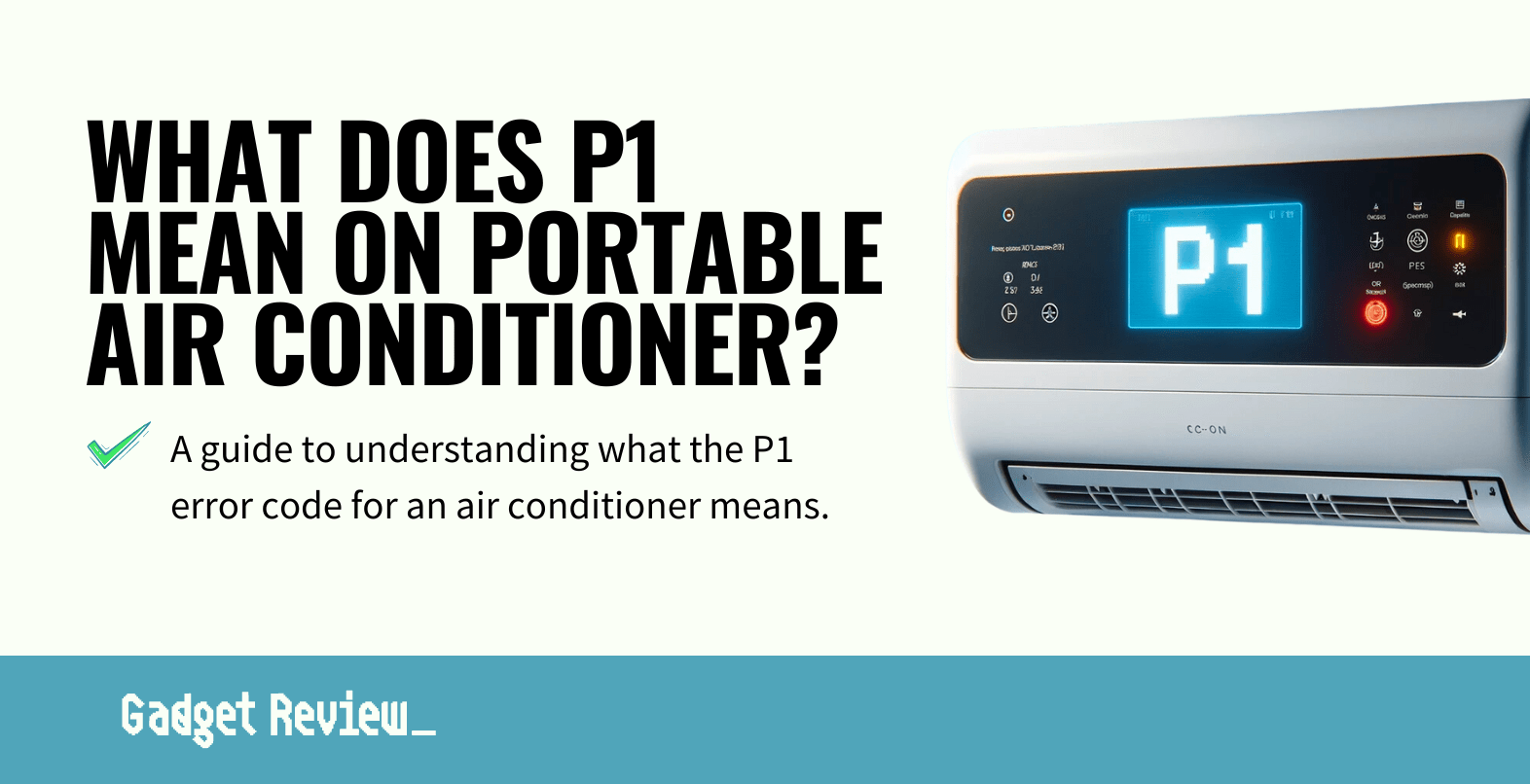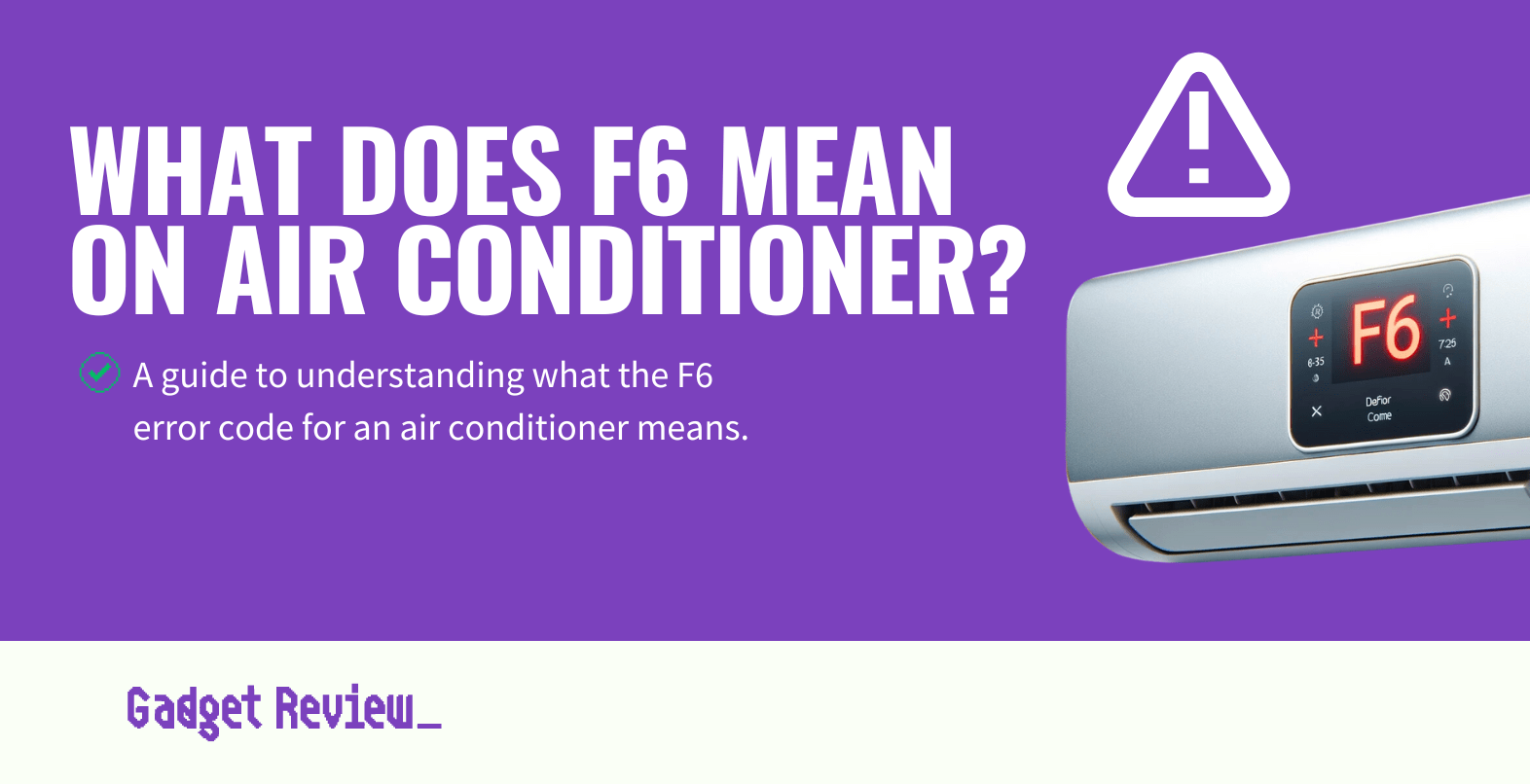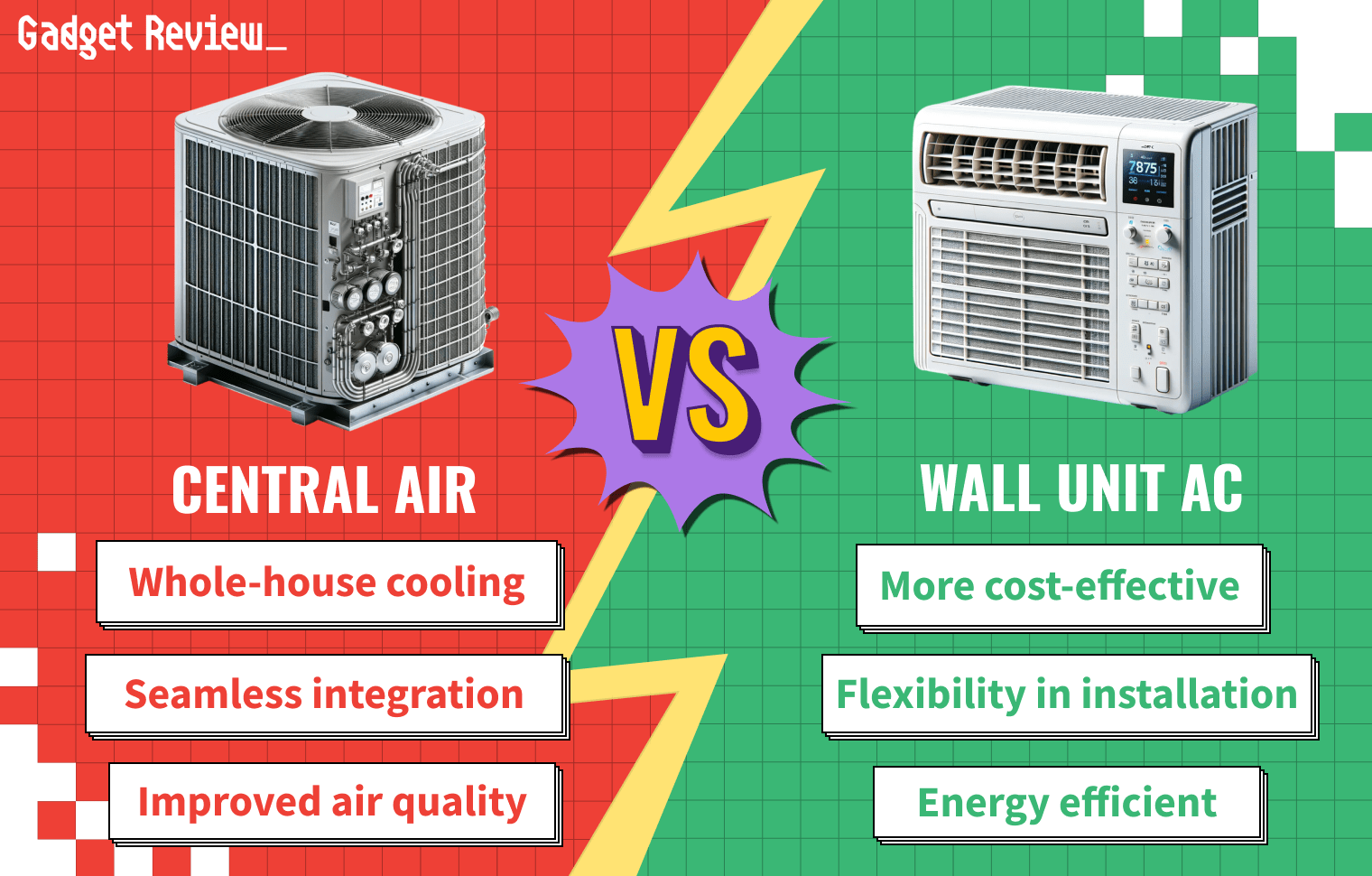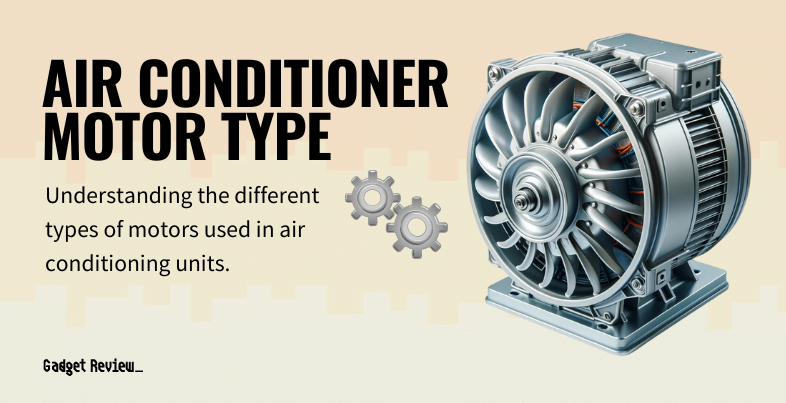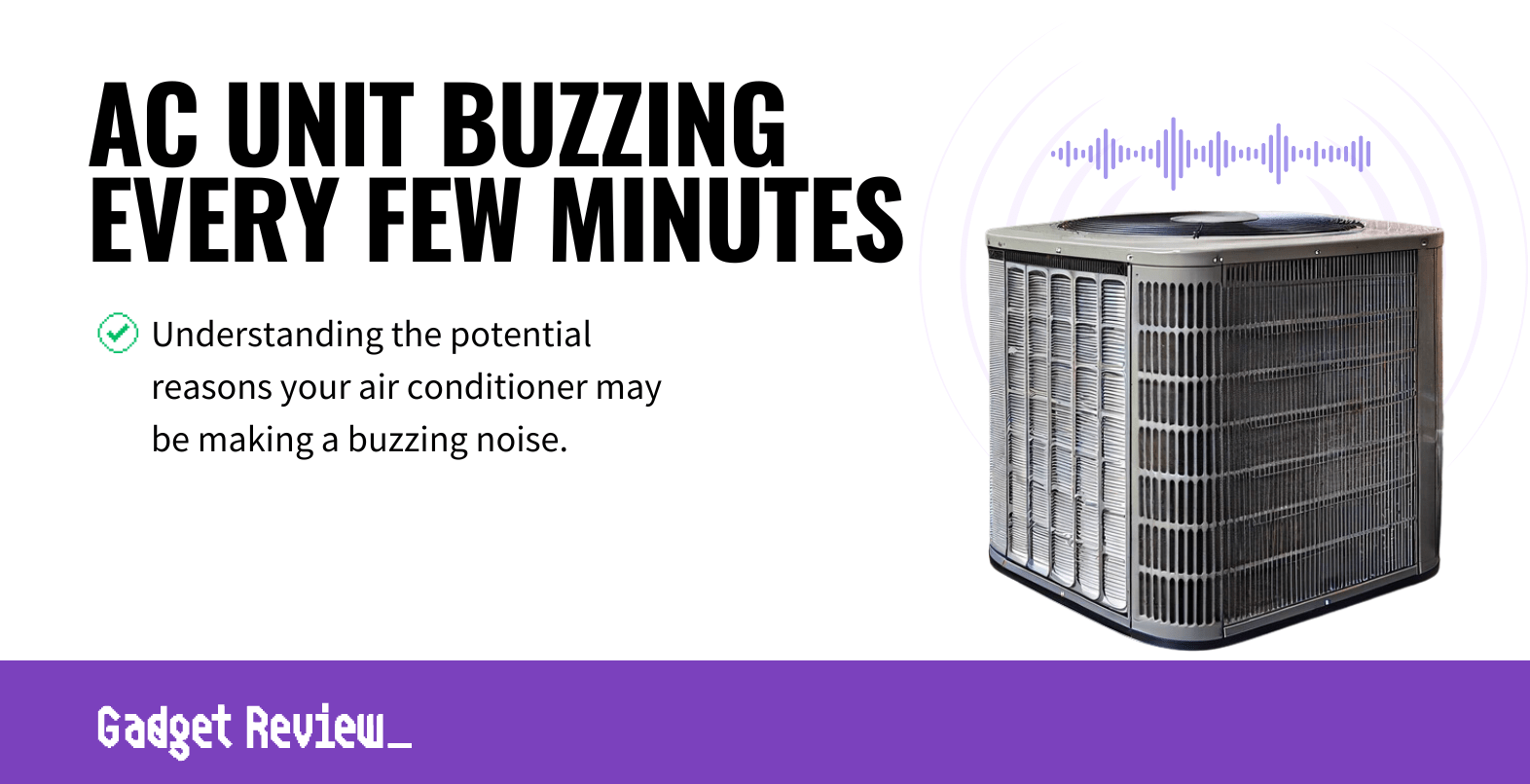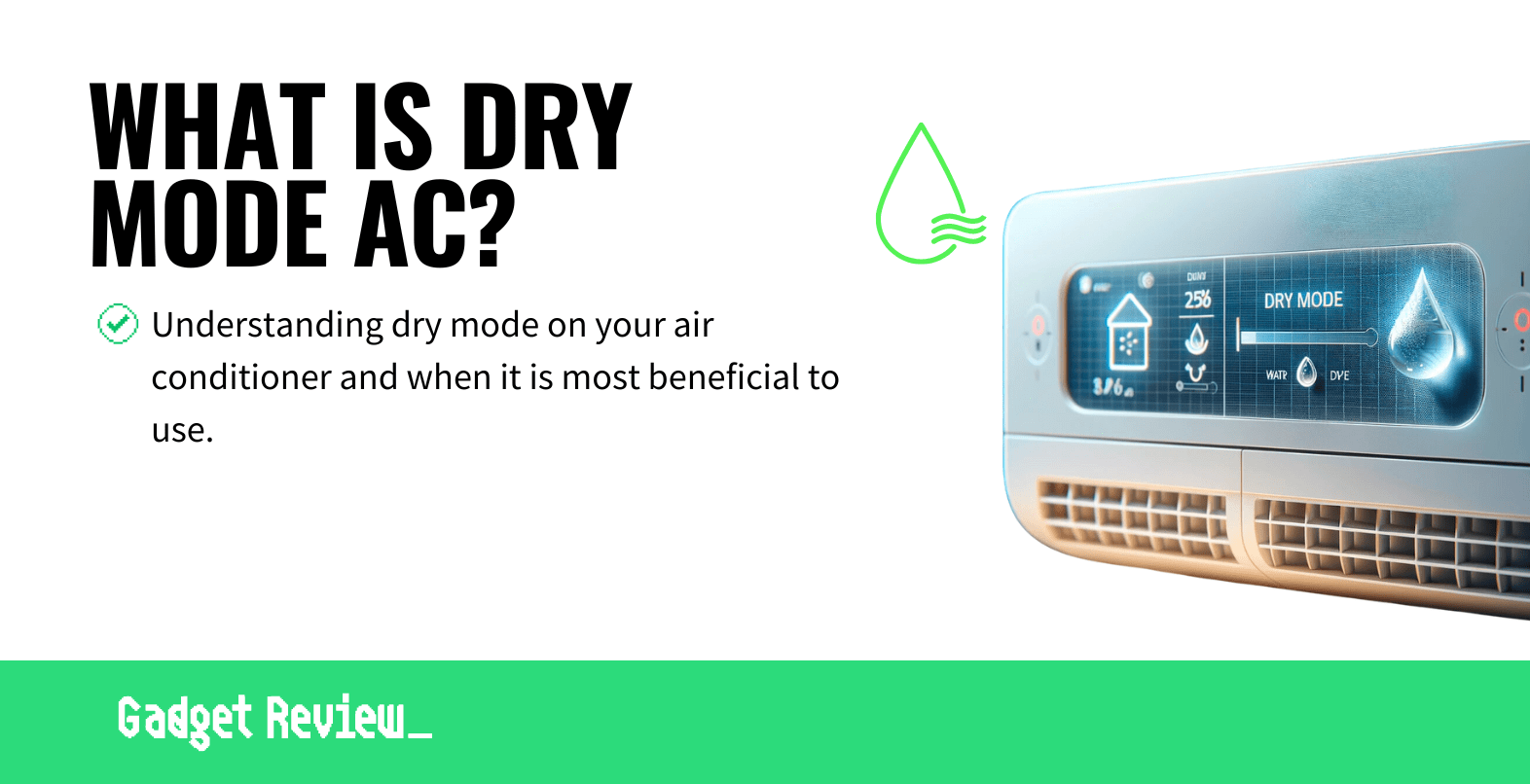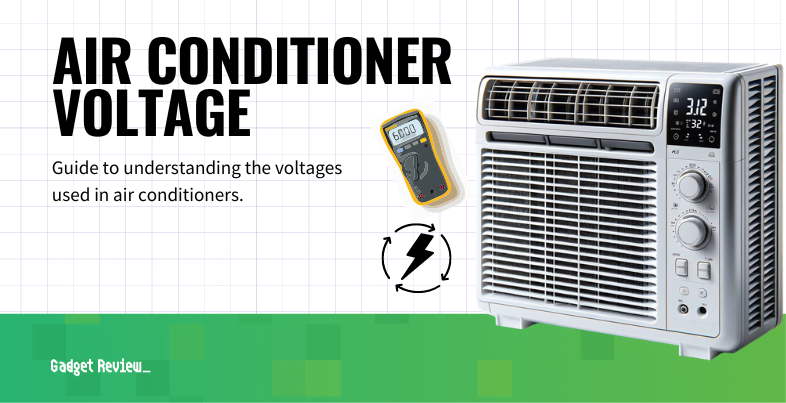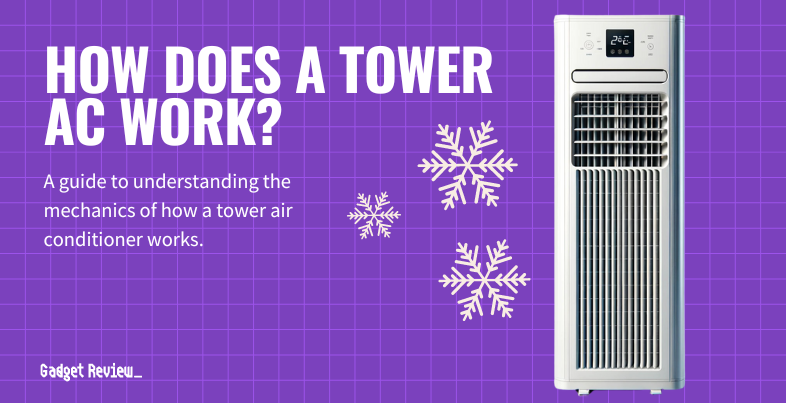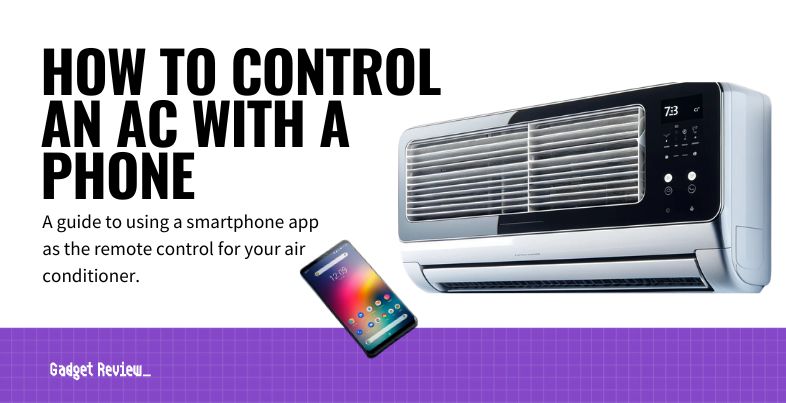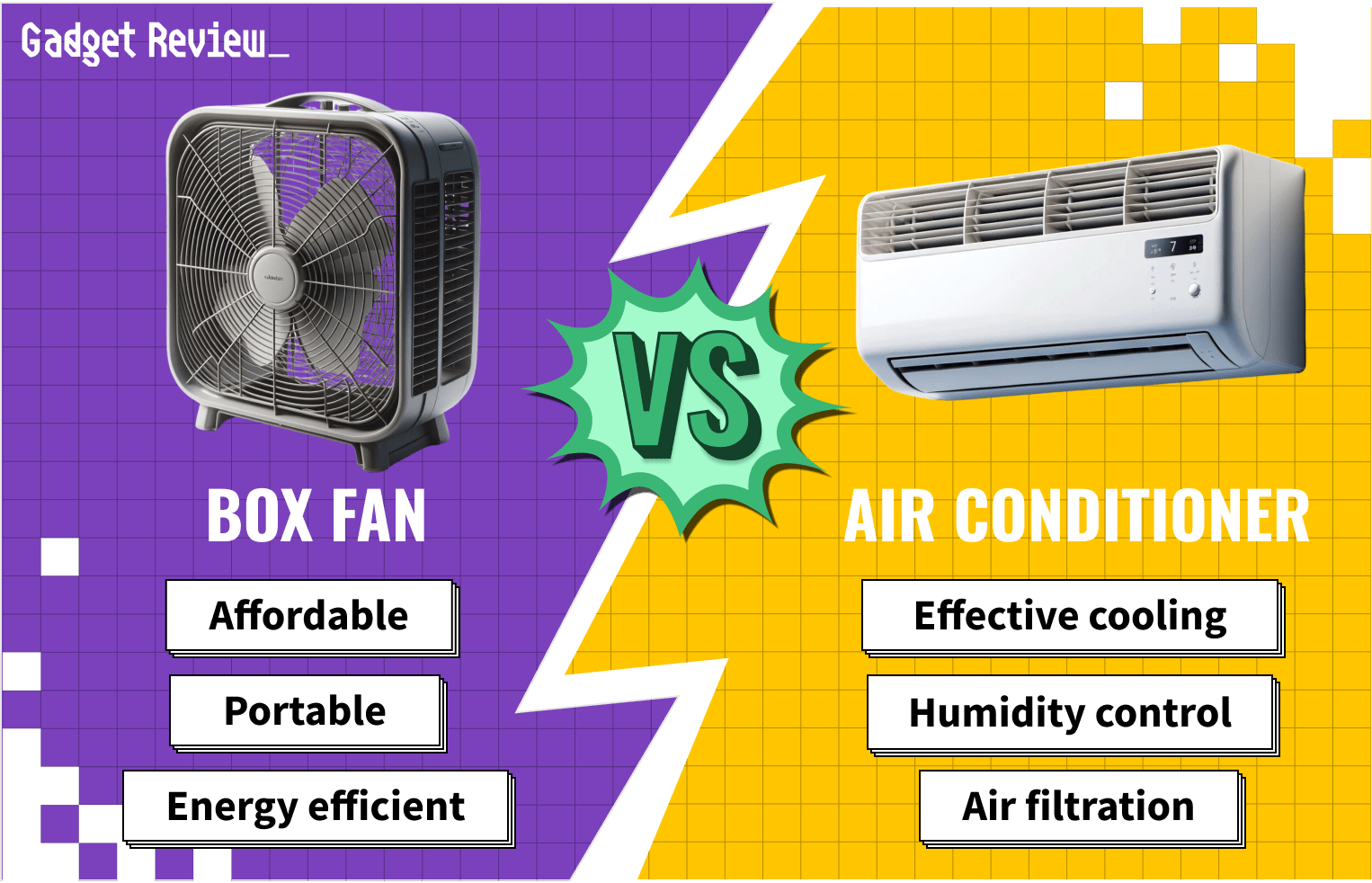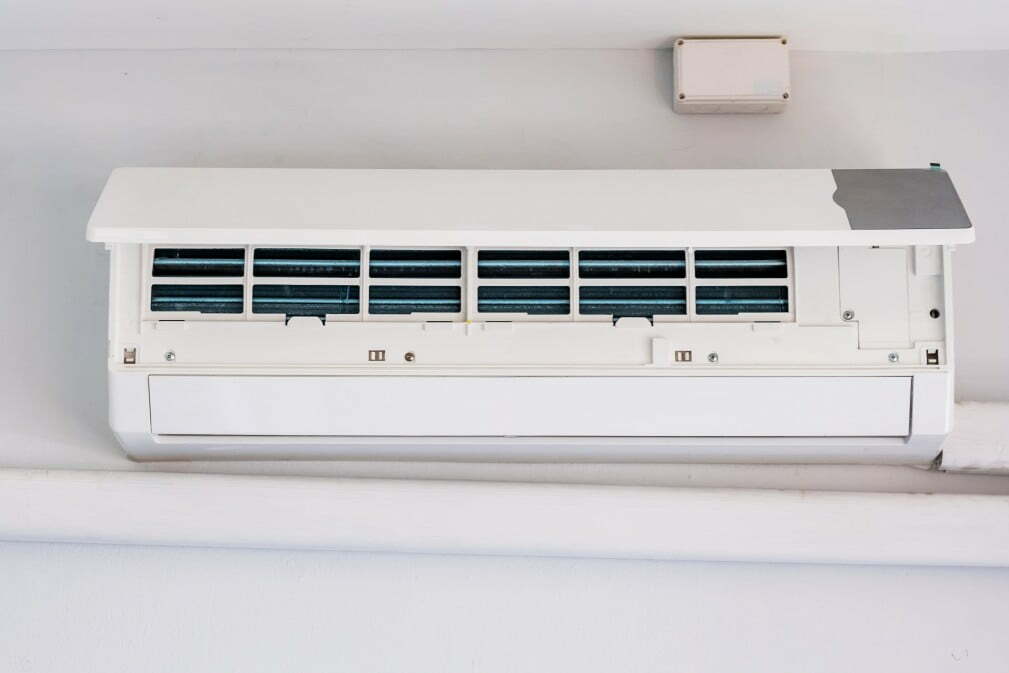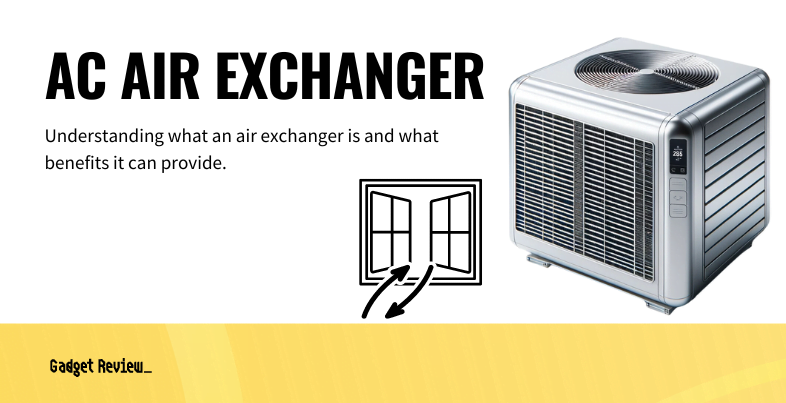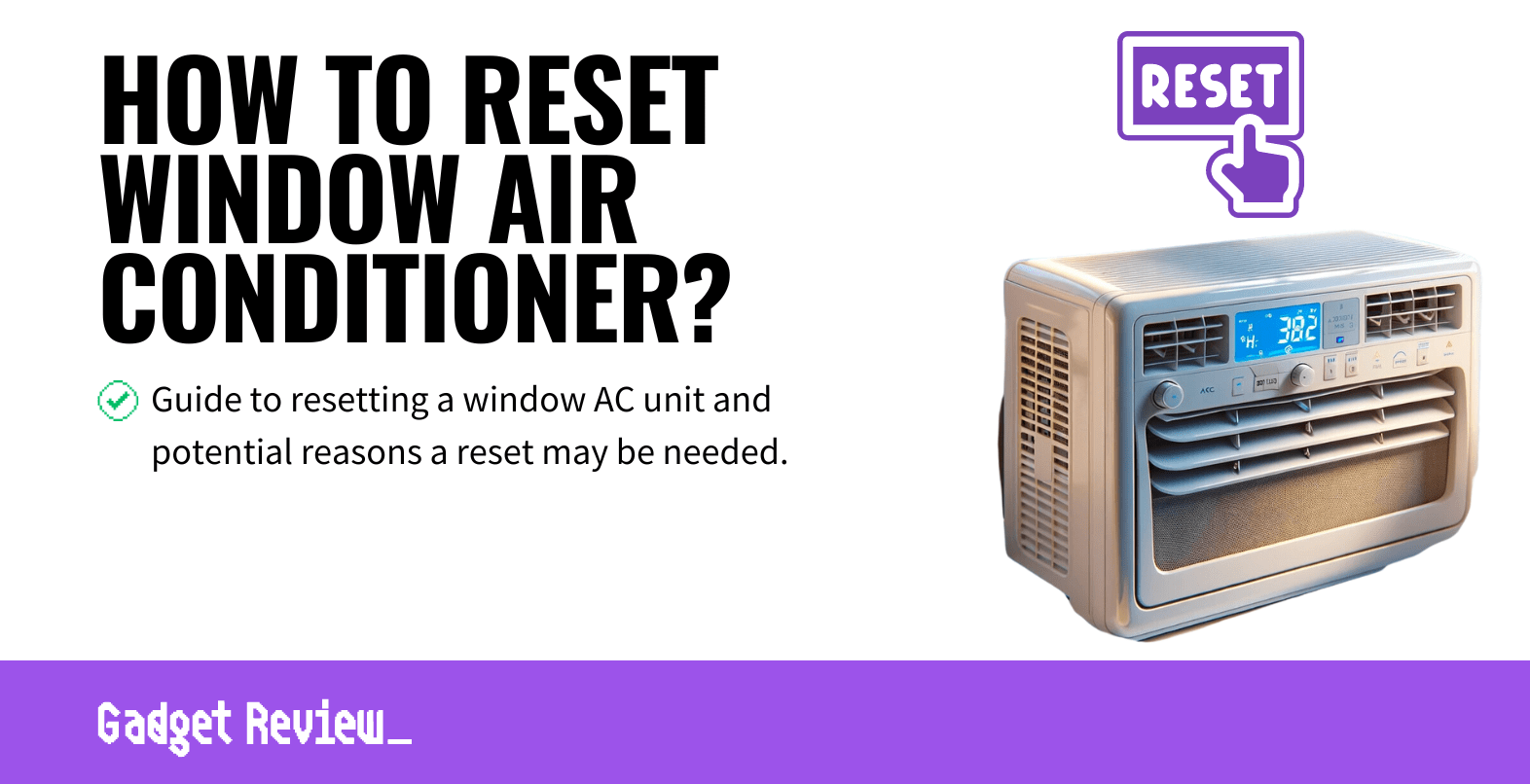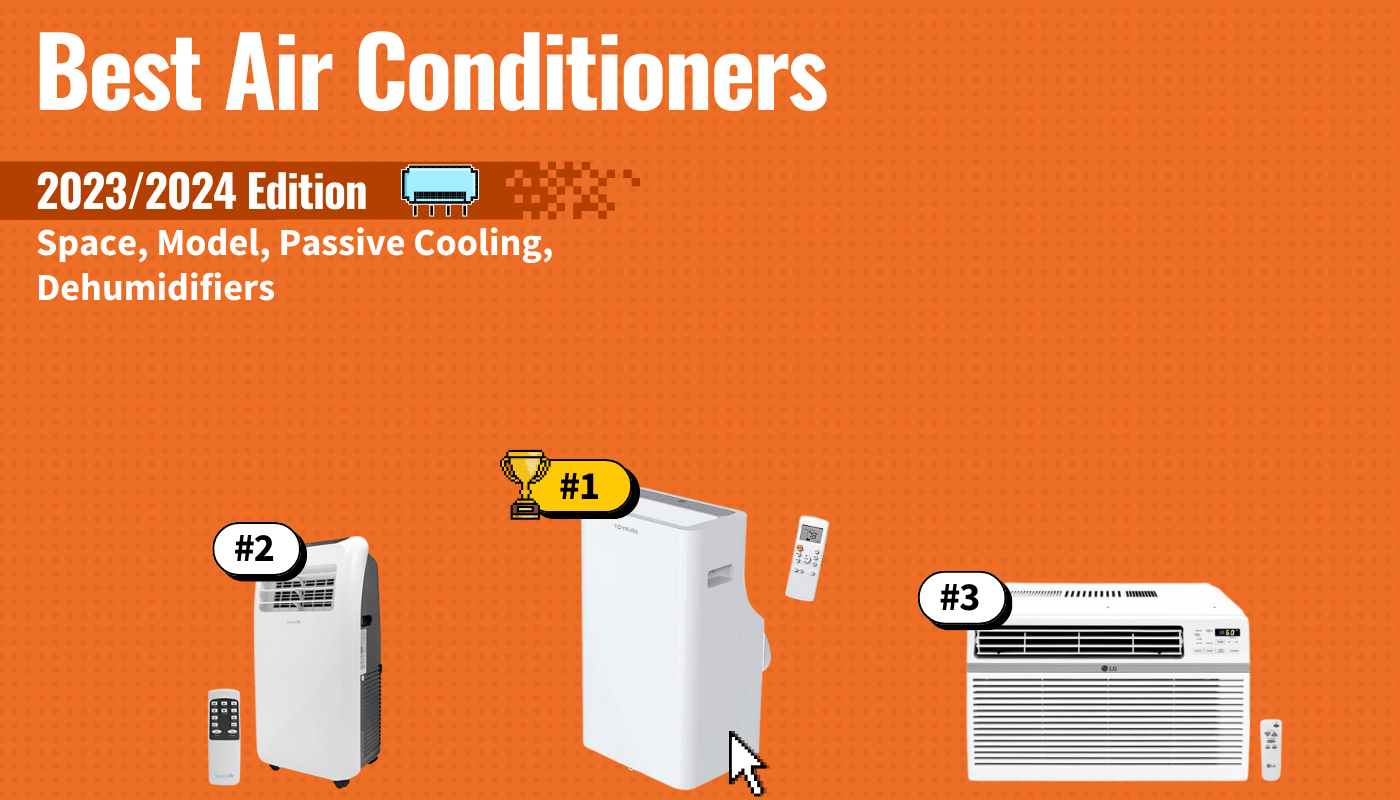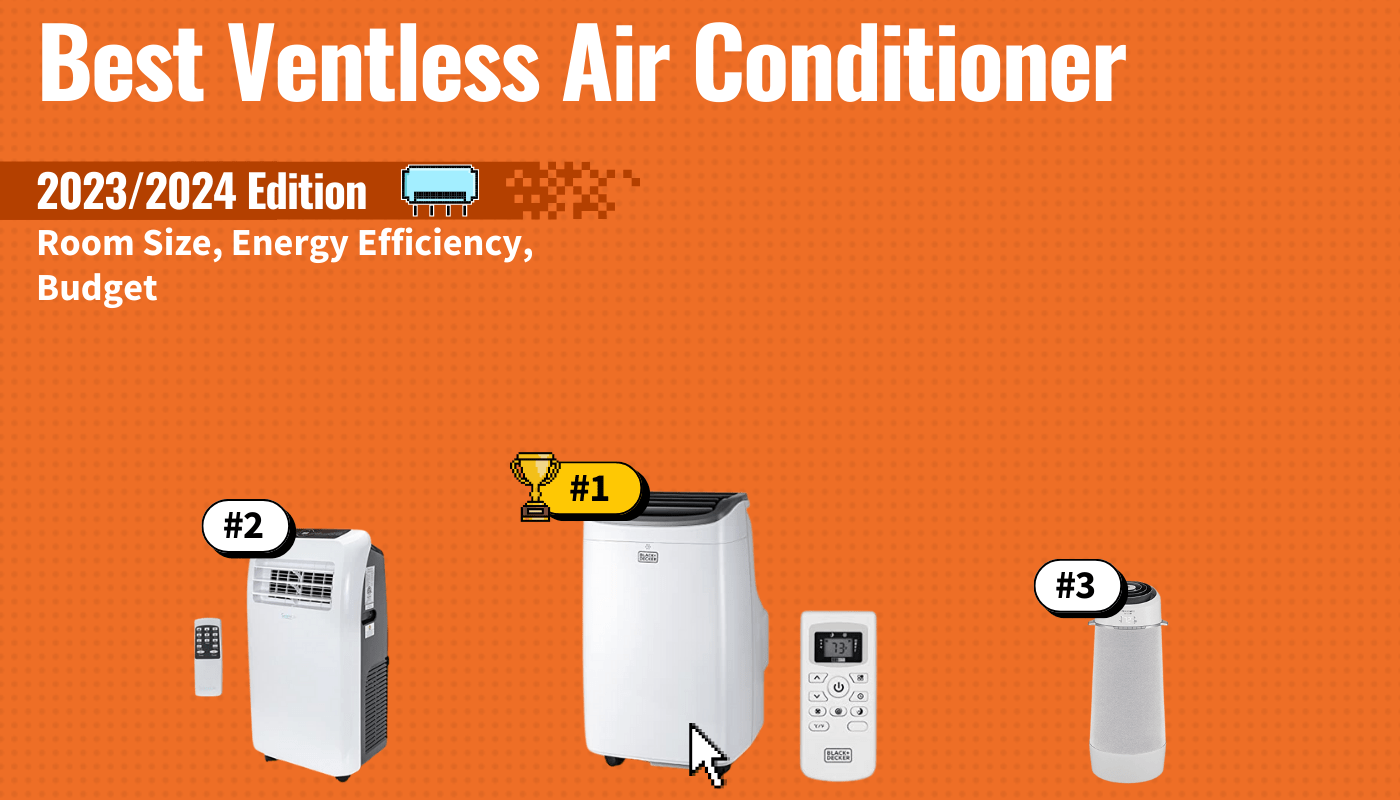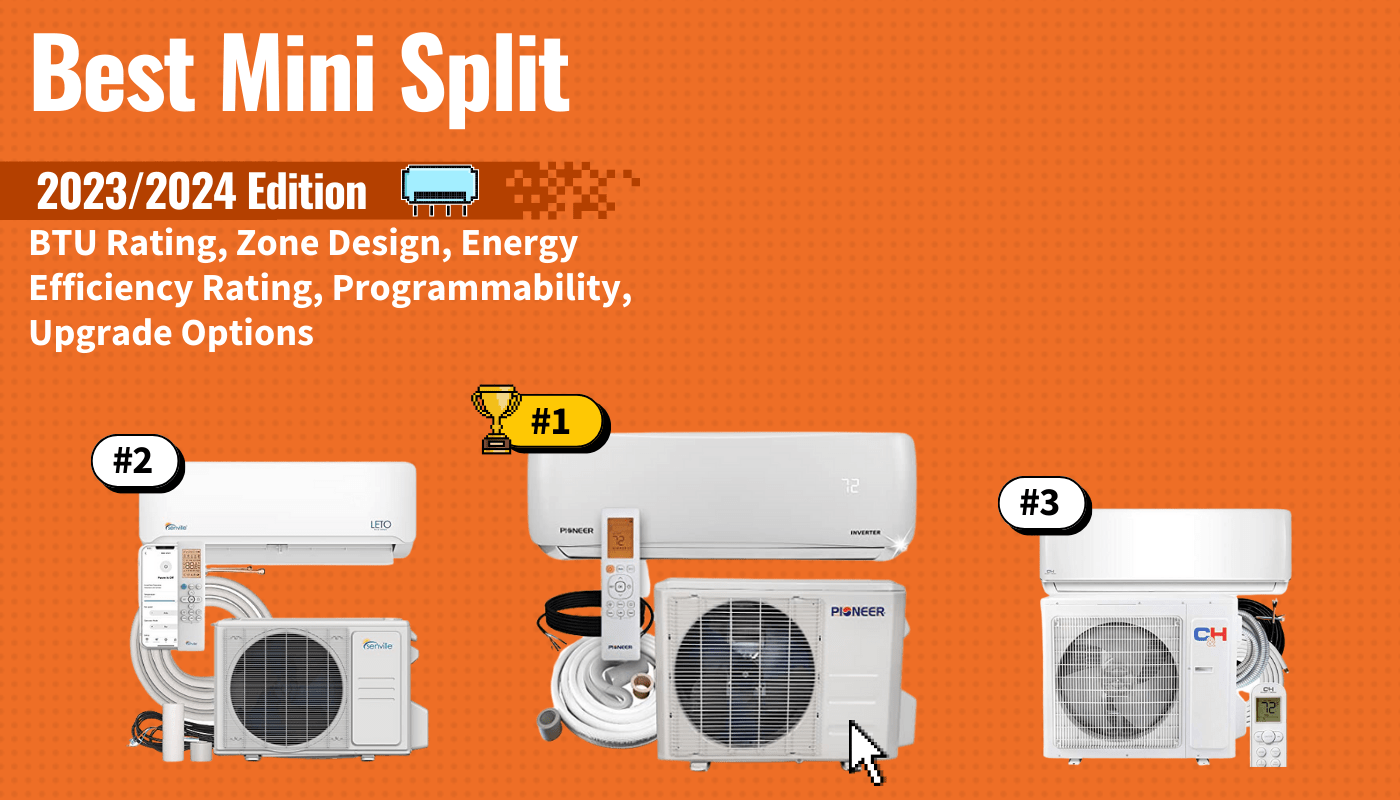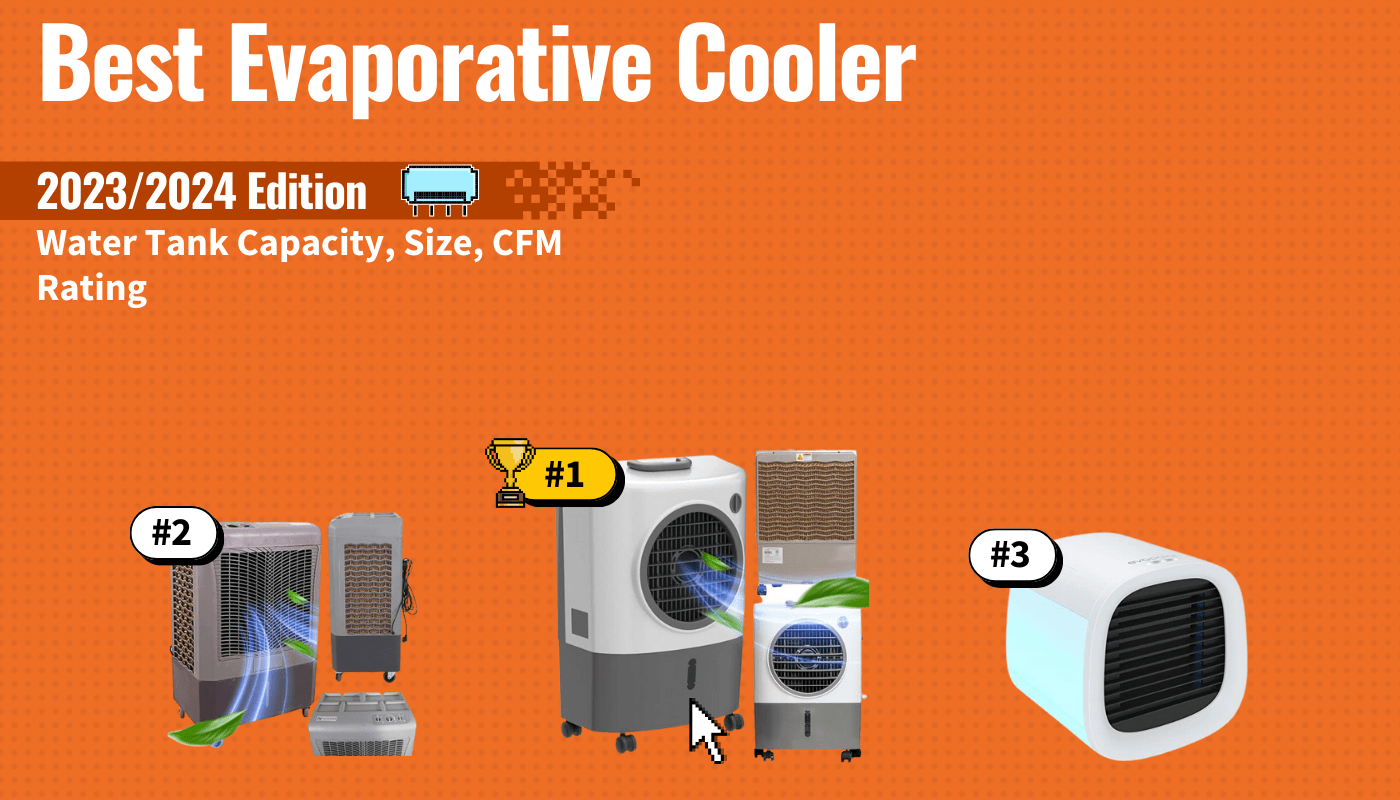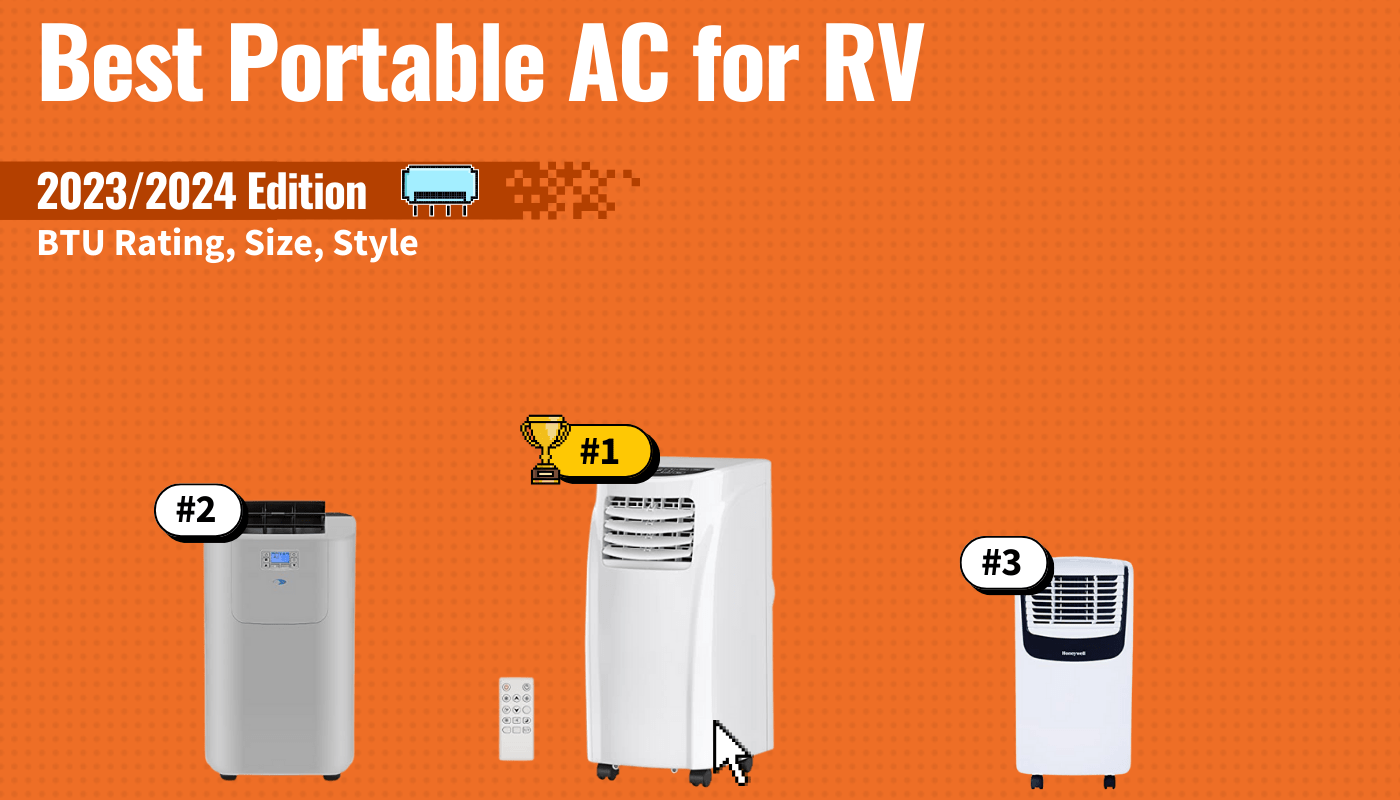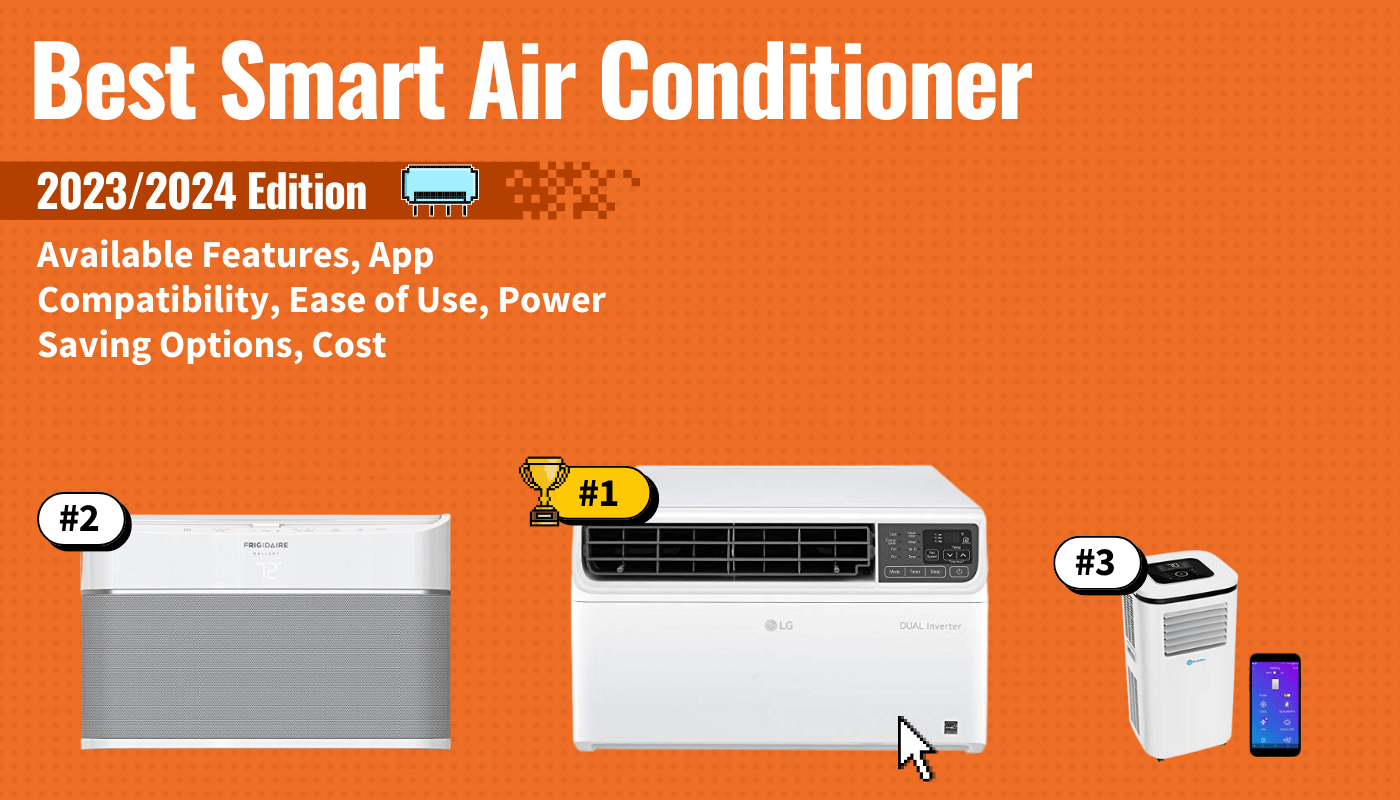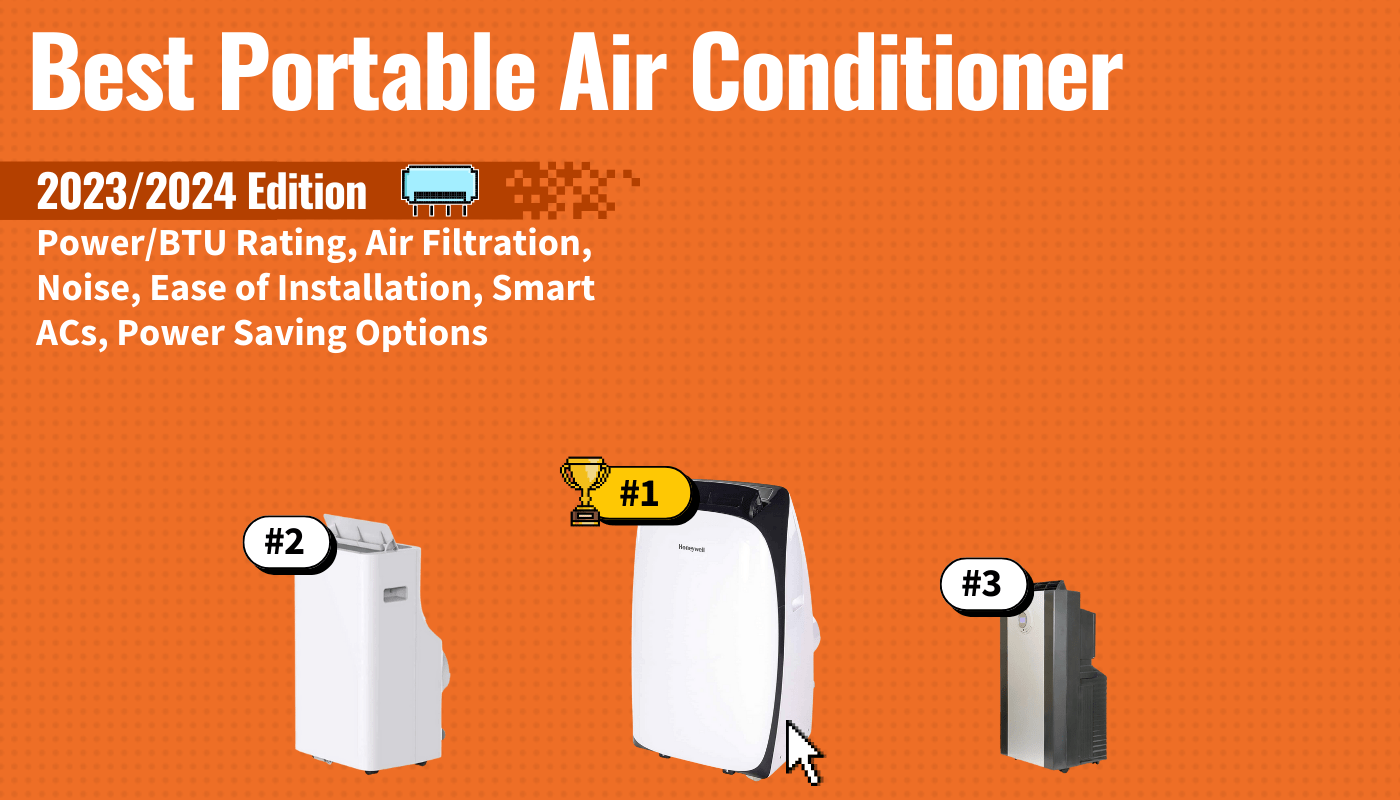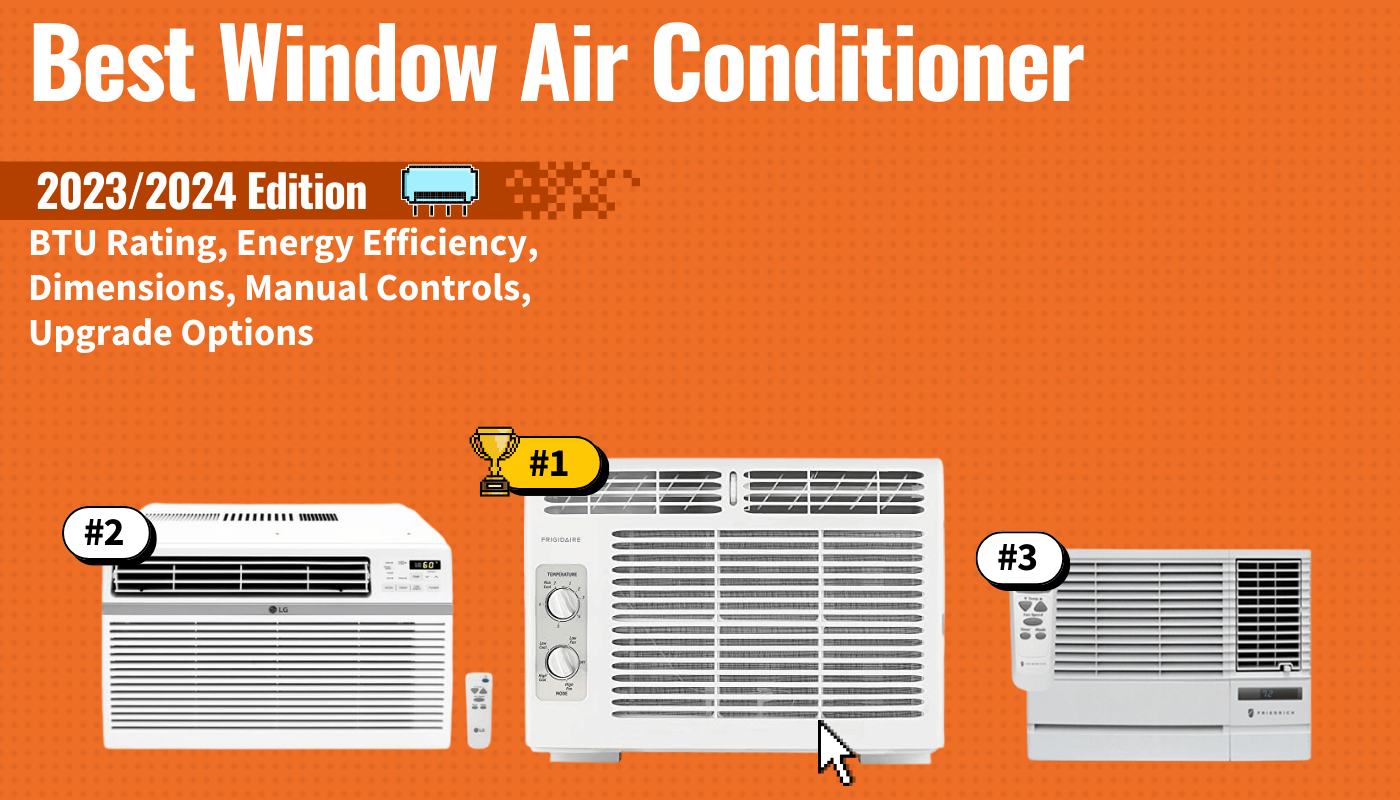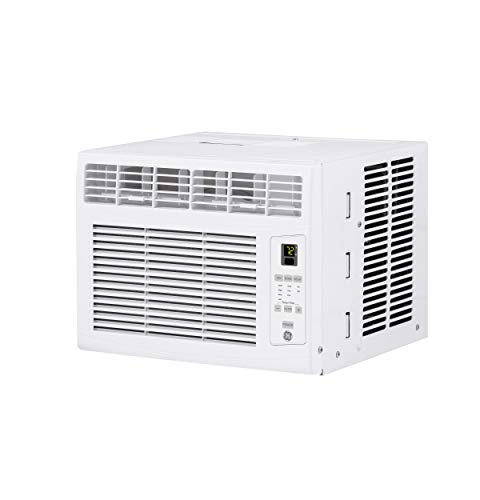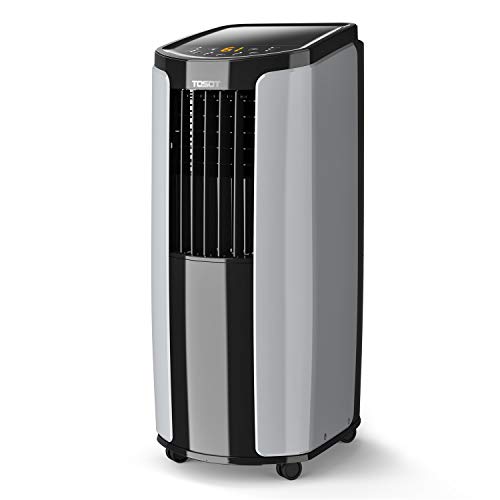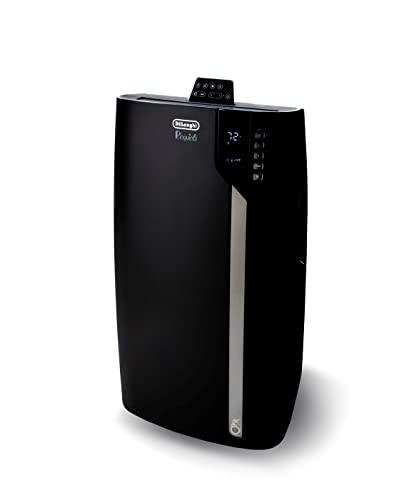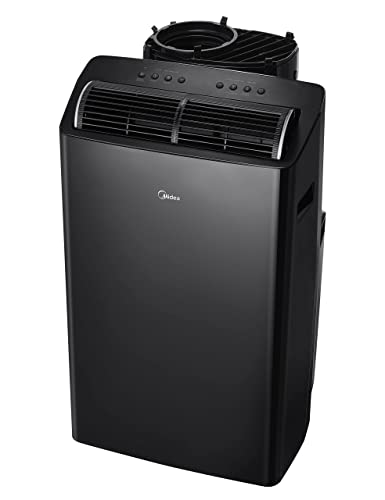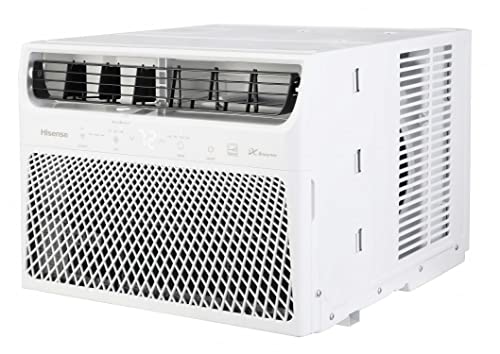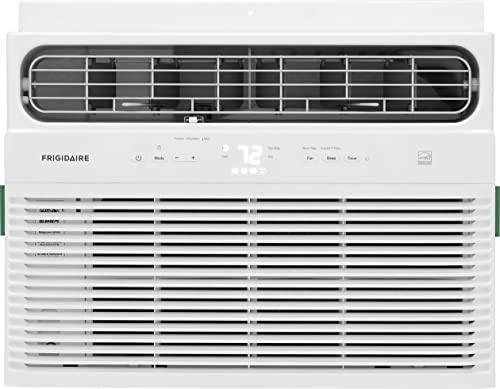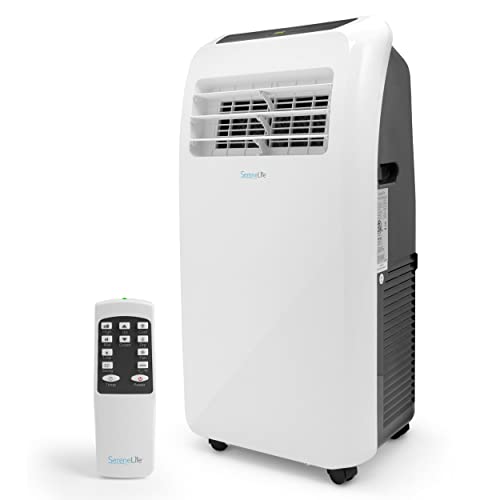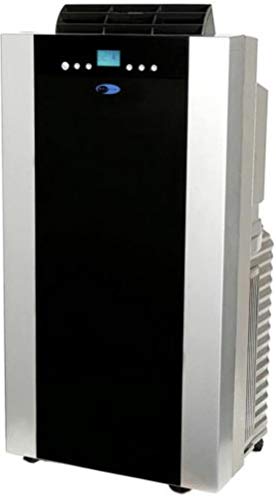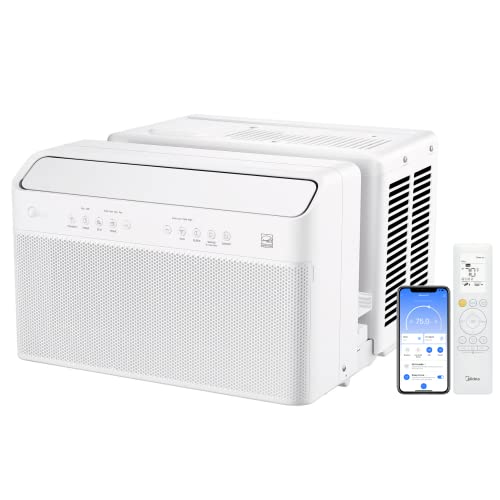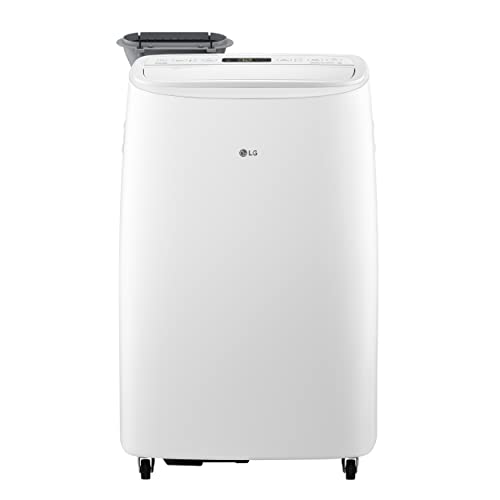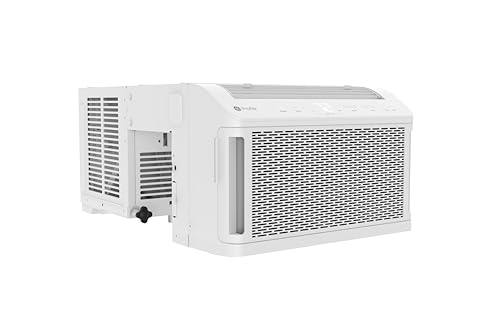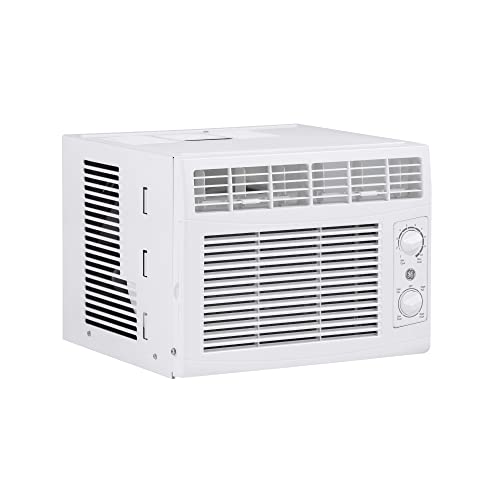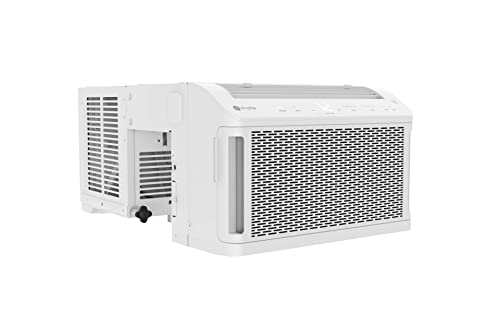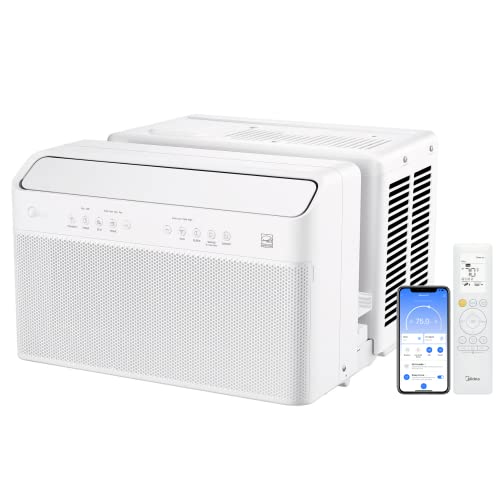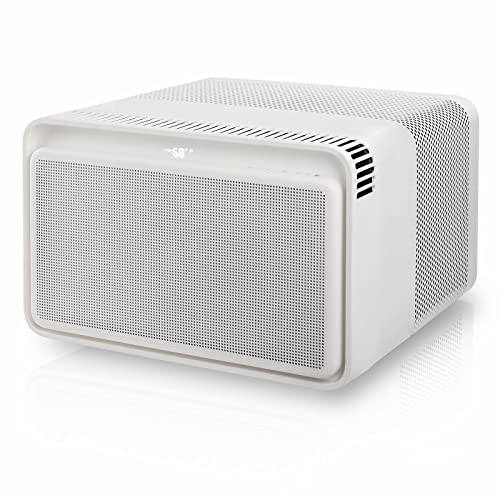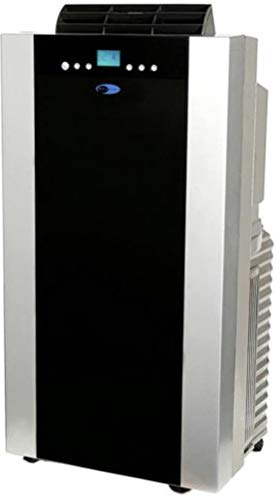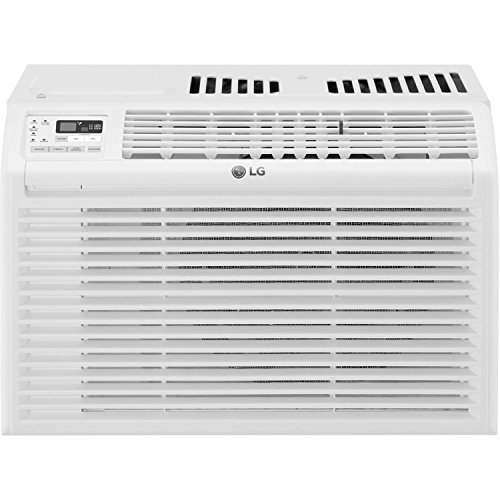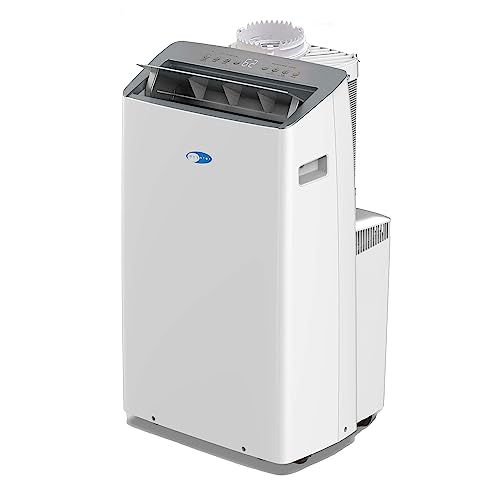If you are cinsidering purchasing one of the best air conditioners, you may have noticed there are a lot of portable models. Portable air conditioners offer a flexible and efficient solution to beat the heat, especially in spaces where traditional window air conditioners cannot be installed. These appliances provide the convenience of mobility, allowing you to bring comfort to any indoor space without permanent installation. However, maximizing the effectiveness of a portable unit involves more than just plugging it in. From selecting the right size to understanding the nuances of temperature control and airflow, there’s a lot to consider to ensure your space remains cool and comfortable.
Key Takeaways_
- A portable AC unit is an excellent option for those looking to cut down on energy costs and to use in rooms with few or no windows.
- Setting up a portable AC unit requires little hassle or heavy lifting.
- For best results, measure the window and window bracket to ensure they fit snuggly.
Operating Your Portable Air Conditioner
Proper installation is crucial for the performance of portable air conditioners, ensuring that the warm air is efficiently expelled, maintaining a comfortable environment inside.
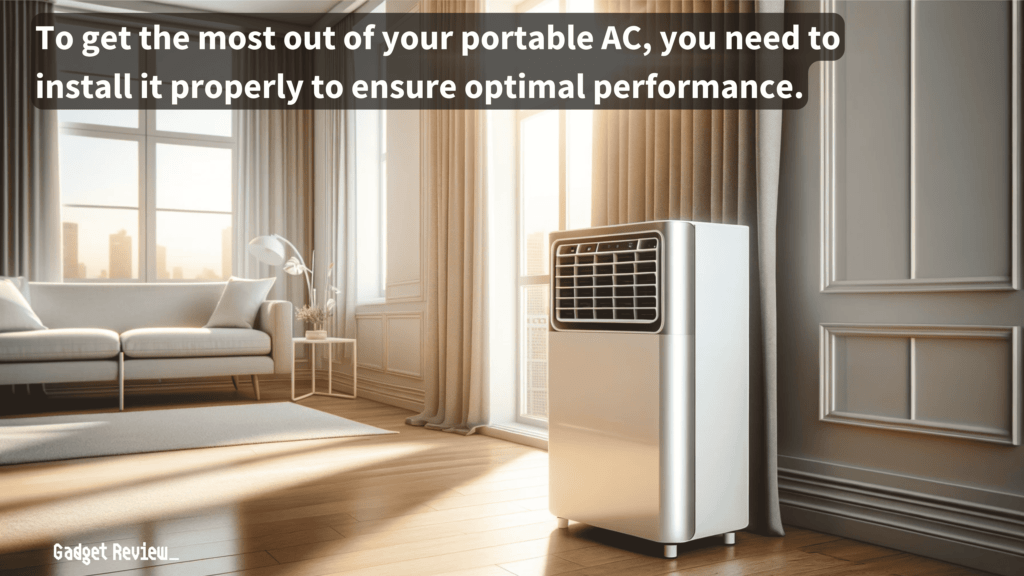
STEP 1 Measure Your Window
- Take a tape measure and measure the length of the window frame.
STEP 2 Apply the Weatherstrip
- Place the adhesive side of the strip down onto the window frame.
STEP 3 Adjust the Window Bracket to Fit Window Measurement
- Set the window bracket to the size of the window frame. If not adjustable, cut it to length with a box cutter.
- After sizing, place the window bracket into the frame.
- Lower the window until it firmly rests on the bracket.
- Insert the L-shaped brackets with a screwdriver.
STEP 4 Connect the Exhaust Hose (keep in mind if it’s a single hose or dual hose AC)
- There are two ends: one that goes to the AC and the other to the window bracket.
- Ensure the vent hose is straight with minimal bends to maintain efficient airflow and prevent any obstruction.
STEP 5 Power on the Portable Air Conditioning Unit
- Using the remote, hit the reset button.
- Turn the power on the portable air conditioner unit.
For spaces without accessible windows, alternative venting options, such as through a drop ceiling or a dryer vent, can be considered, although these may require custom solutions.
To get the most out of your portable air conditioning unit, familiarize yourself with its settings and features.
Start by adjusting the temperature to a comfortable level, keeping in mind that setting it too low may increase your energy bills without significantly improving comfort.
Utilize features like programmable timers to have your unit turn on or off at specific hours, optimizing energy use and ensuring your space is cool when needed.
When the season changes and it’s time to store your portable air conditioner, ensure it’s clean and dry before covering it or placing it in a storage area to prevent dust accumulation and moisture damage.
Choosing the Right Portable Air Conditioner
When it comes to portable air conditioners, one size does not fit all. The key to cooling efficiency lies in selecting a unit that’s appropriately sized for your space.
To determine how big a portable AC you need, calculate the square footage of your room and match it with the appropriate BTU rating, ensuring efficient cooling without overworking the unit.
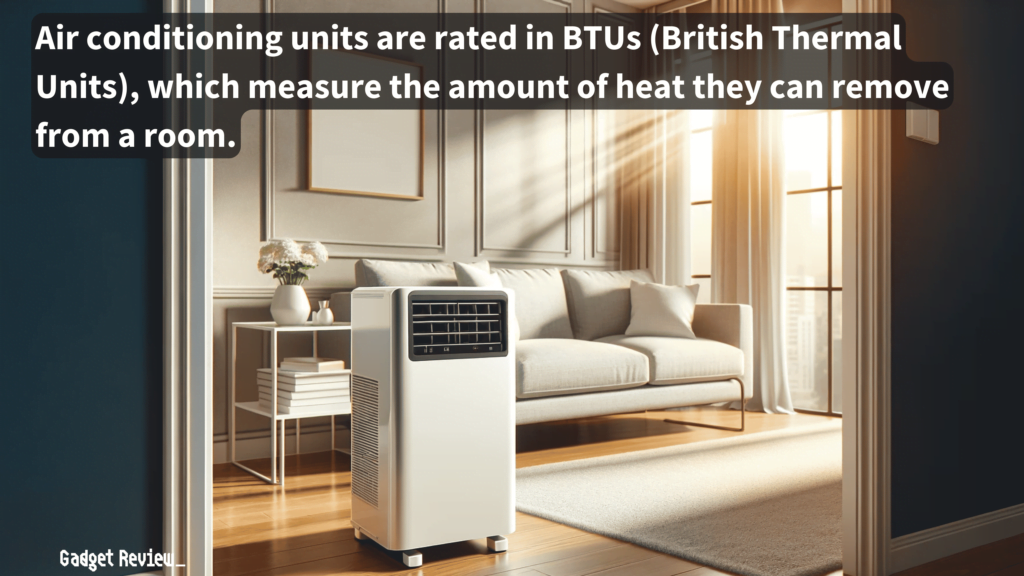
A larger room requires a portable air conditioning unit with a higher BTU rating to effectively manage the temperature.
Additionally, consider the design and additional features of the unit, such as washable filters and energy efficiency ratings.
warning
Some window brackets need to be cut to fit into place. Make sure you have a box cutter or saw on hand to do this.
Understanding the function of single-hose and dual-hose units can help you manage indoor space temperature more effectively, as dual-hose units can minimize the negative pressure effect common in single-hose models, leading to more efficient cooling.
Remember, the right choice in size and features ensures optimal cooling and energy usage, making your portable air conditioner a valuable addition to any room in need of a cooler environment.
Maintenance and Care
Proper maintenance is essential for the longevity and efficiency of portable air conditioners. Regularly cleaning or replacing air filters can prevent dust and debris from clogging the internal motor and condenser coils, ensuring smooth airflow.
The water reservoir should be emptied regularly, and the vent hose and exhaust port should be inspected for any blockages.
insider tip
Because most portable AC vents are five feet long, make sure to check for a convenient outlet before installing.
Additionally, the evaporator coil and condenser coils should be cleaned with warm water on a regular basis to maintain optimal performance.
By dedicating a few hours to maintenance tasks, you can significantly extend the life of your portable unit and maintain a comfortable environment.
Troubleshooting Common Issues
Even with diligent care, portable air conditioners can encounter issues. Common problems include water leaks, which may indicate a full water reservoir or a clogged drainage hose.
If your unit is not cooling effectively, check for any obstructions in the air flow path or verify that the exhaust hose is properly vented to the outside.
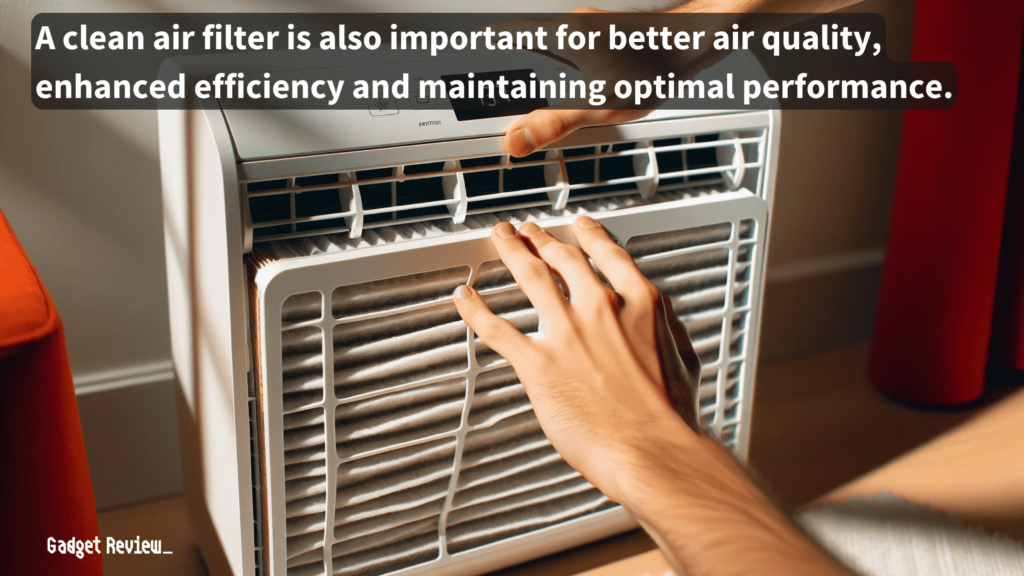
For units experiencing difficulty in maintaining the desired temperature, ensure that the room is not too large for the AC’s capacity and check for drafts or areas where warm air might be entering.
To make your window AC colder, ensure the filter is clean, the unit is shaded from direct sunlight, and consider adding an insulating seal around the unit to prevent warm air infiltration.
Regular troubleshooting can prevent minor issues from escalating into major problems, ensuring your portable AC continues to provide relief from the heat.
Enhancing Your Portable AC’s Performance
To maximize the efficiency of your portable air conditioner, consider implementing a few enhancements.
Using a window adapter kit can improve the seal around the vent hose, preventing hot air from re-entering the room and creating a more efficient cooling system.
For rooms with high ceilings, directing the airflow towards the center of the room can help distribute cool air more evenly.
Additionally, using a dual-hose unit can help balance the air pressure in the room, preventing the unit from working harder than necessary.
Activating the air conditioner energy saver mode can also contribute to enhanced performance by automatically turning off the cooling cycle when the desired temperature is reached, reducing energy consumption.
These simple adjustments can significantly improve the performance of your portable air conditioning unit, ensuring your space remains cool and comfortable.
Portable air conditioners are a versatile and effective solution for cooling spaces where traditional AC units are impractical.
By choosing the right model, ensuring proper setup and ventilation, and maintaining your unit regularly, you can enjoy a comfortable environment all summer long.
Remember, the key to efficient cooling lies not just in the appliance itself, but in how you use and care for it. With the right approach, your portable air conditioner can be a valuable ally in the battle against the heat, providing comfort and convenience wherever it’s needed.







